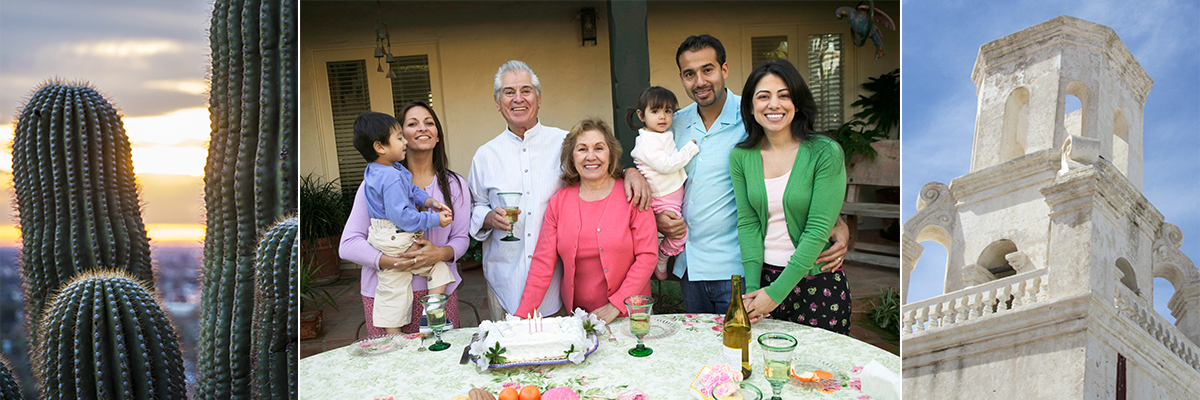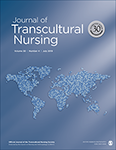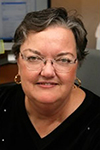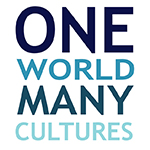
[Source: family.lovetoknow.com and pixabay.com (1 & 2)]
A new paper from the University of Arizona Center on Aging and Arizona Geriatrics Workforce Enhancement Program staff was just published by the Journal of Transcultural Nursing, a Sage Publication, that focuses on the cultural gap in information available to older Mexican-Americans and their caregivers—as well as a dearth of studies on some aspects of the subject.
 The article, “Knowledge Gaps About End-of-Life Decision Making Among Mexican American Older Adults and Their Family Caregivers: An Integrative Review,” focuses on limited use of hospice services by this group which is the largest, fastest growing Latino subgroup in the United States.
The article, “Knowledge Gaps About End-of-Life Decision Making Among Mexican American Older Adults and Their Family Caregivers: An Integrative Review,” focuses on limited use of hospice services by this group which is the largest, fastest growing Latino subgroup in the United States.
 It is written by Janice Crist, PhD, RN, a UA associate professor of nursing; Evangeline M. Ortiz-Dowling, PhD, RN, a UA assistant professor of nursing; Kimberly D. Shea, PhD, RN, a UA associate professor of nursing and assistant professor of biomedical informatics; and Linda R. Phillips, PhD, RN, the senior director of research and education at the UA Center on Aging.
It is written by Janice Crist, PhD, RN, a UA associate professor of nursing; Evangeline M. Ortiz-Dowling, PhD, RN, a UA assistant professor of nursing; Kimberly D. Shea, PhD, RN, a UA associate professor of nursing and assistant professor of biomedical informatics; and Linda R. Phillips, PhD, RN, the senior director of research and education at the UA Center on Aging.
The article, which appears in the journal’s July 2019 issue, reviews related literature published between 1995 and 2017.
Topics of studies reviewed included attitudes toward hospice, life-sustaining treatment, advance care planning, end-of-life (EOL) decision making, perceptions of a good death, and life-limiting illnesses. EOL planning research for Mexican-American caregiving families is meager, generally not based on or concerned with theory, and rarely validated by subsequent studies.
Relevant subconcepts that affect the aging experience and decision-making within the context of outside (e.g., policy), group-based (e.g., gendered experience), and individual (e.g., immigration experience) influences served as a priori codes to focus the research.
It was noted that “startingly” few studies address the subject gender preferences. Some findings were contradictory. The most important gap may have been a failure to acknowledge the influence of the immigration climate at any point in time—and how that might affect decisions.
 One point made was that, “For women with late-stage breast cancer, the authors concluded that beliefs about pain were influenced by the women’s marginalized status as U.S. immigrants, which led to confusion about cancer presentations and limited seeking of health care.”
One point made was that, “For women with late-stage breast cancer, the authors concluded that beliefs about pain were influenced by the women’s marginalized status as U.S. immigrants, which led to confusion about cancer presentations and limited seeking of health care.”
The paper concludes that more nursing research is needed to extend theory and policy in order to skillfully match EOL care with Mexican-American caregiving families’ needs.

